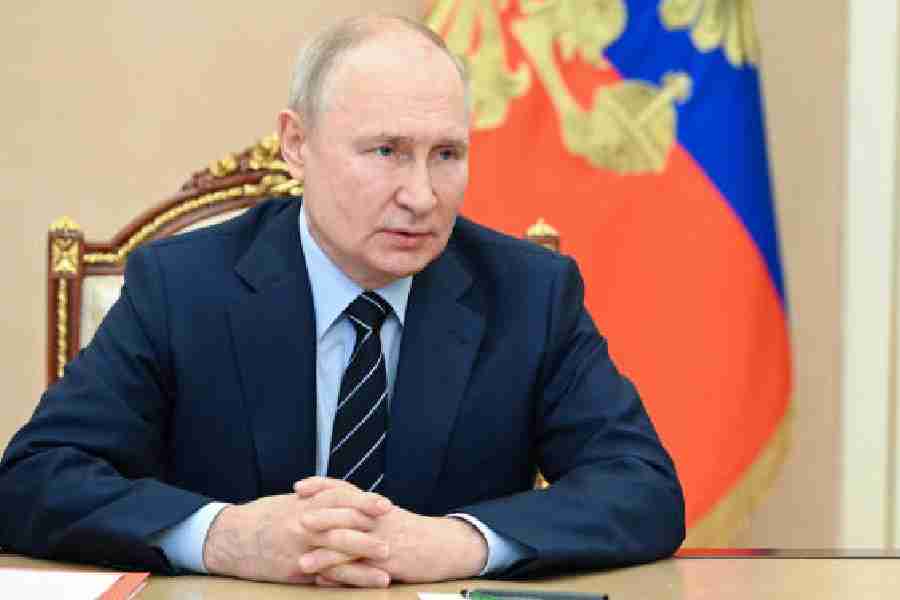Jan Dvorkin had raised and nurtured his adopted son in Moscow for seven years until, one day in May, the Russian authorities notified him they were revoking custody. A woman Dvorkin knew had filed an official complaint, saying that because he was transgender and gay, he was an unfit parent.
When Dvorkin asked the woman why she had reported him, she told him he had brought it on himself, and “that I could have easily avoided it by staying in the closet”.
He managed to find another family to take the boy, who is deaf, so that the child would not be sent to an orphanage.
Dvorkin’s experience underscores the increasingly repressive treatment gay and transgender people are subjected to across Russia — a hardship that seems certain to grow as the government leverages the war in Ukraine as justification for greater restrictions on LGBTQ life.
The latest crackdown came last week when President Vladimir V. Putin signed a law that criminalized all surgery and hormone treatments used for gender transitions.
That law comes on top of a measure enacted last December prohibiting the representation of LGBTQ relationships in any media — streaming services, social platforms, books, music, posters, billboards and film.
Critics, including legal and medical professionals and gay rights activists, view the campaign as an effort to distract from Russia’s military failings in Ukraine — by creating a boogeyman it can portray as a threat from a deviant and corrupt West.
“It is a common practice to look for internal enemies when their external enemy turns out to be tougher than expected,” Dvorkin, 32, said in an interview from Moscow. “With no success on the front line, Putin found an easy enemy, a vulnerable group whom he can defeat in Russia.”
As with many repressive measures, Putin himself seemed to have inspired the law.
Long before his invasion of Ukraine, Putin had scorned the idea of gay rights. But as his military stumbled, he began to rewrite the war as a western attempt to undermine Russian security and “traditional values”.
He took aim at questions of gender identity as well as sexual orientation, regularly denigrated transgender people in his speeches, mocking the idea of “Parent No. 1 and Parent No. 2” instead of “mom and dad”, and suggested that the West sought to make the world adopt “dozens of genders”.










